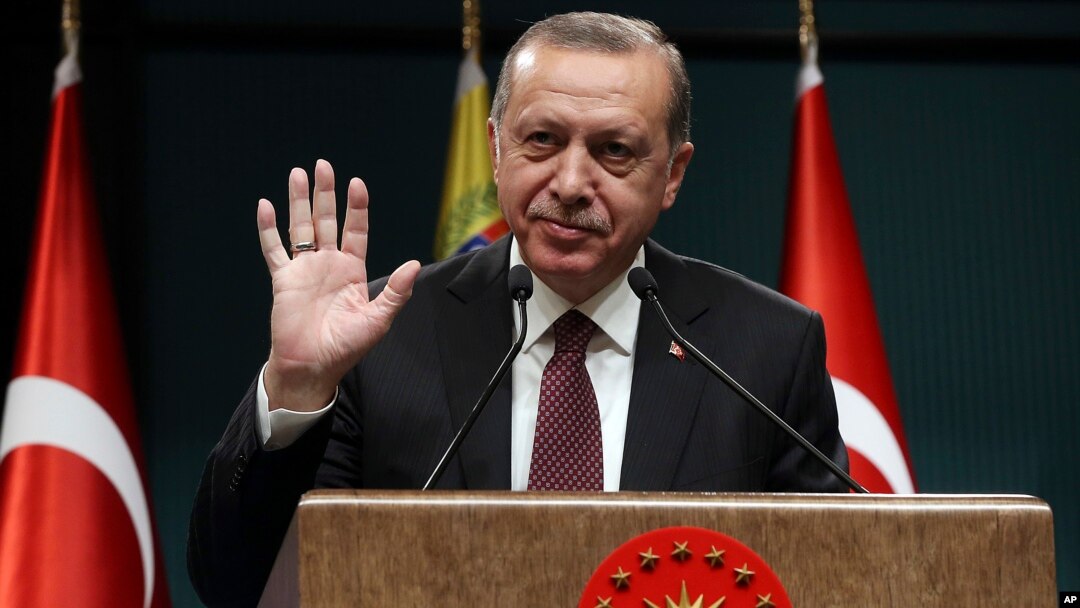Experts from Europe’s top human rights body on Friday expressed concerns over decrees issued by Turkey’s government that removed elected mayors from posts and replaced them with unelected officials.
Following last year’s coup attempt Turkey declared a state of emergency that allows the government to rule by decrees, largely by-passing parliament. Turkey says the emergency powers are needed to deal with the coup-plotters and thwart security threats.
The Council of Europe’s advisory body — known as the Venice Commission and made up of constitutional law experts — said it was “particularly worried” by the use of decrees to sack elected mayors and other municipal officials in Turkey’s mainly-Kurdish southeast over terror-related charges and to appoint unelected officials in their place.
The Commission said: “Local authorities are one of the main foundations of democratic society ... Their election by the local population is key to ensuring the people’s participation in the political process.”
Among other things, the Commission called on Turkey to stop filling vacancies through appointments, to ensure that decisions affecting municipalities are taken after parliamentary debate and to introduce rules that would reinstate mayors if charges do not lead to a criminal conviction.
Opposition politicians say the government has used the state of emergency to crack down on critics.
More than 50,000 people have been arrested and some 110,000 others were sacked from government jobs in a large-scale crackdown on people with alleged links to terror groups or to U.S.-based cleric, Fethullah Gulen, who Turkey accuses of orchestrating the failed coup.





